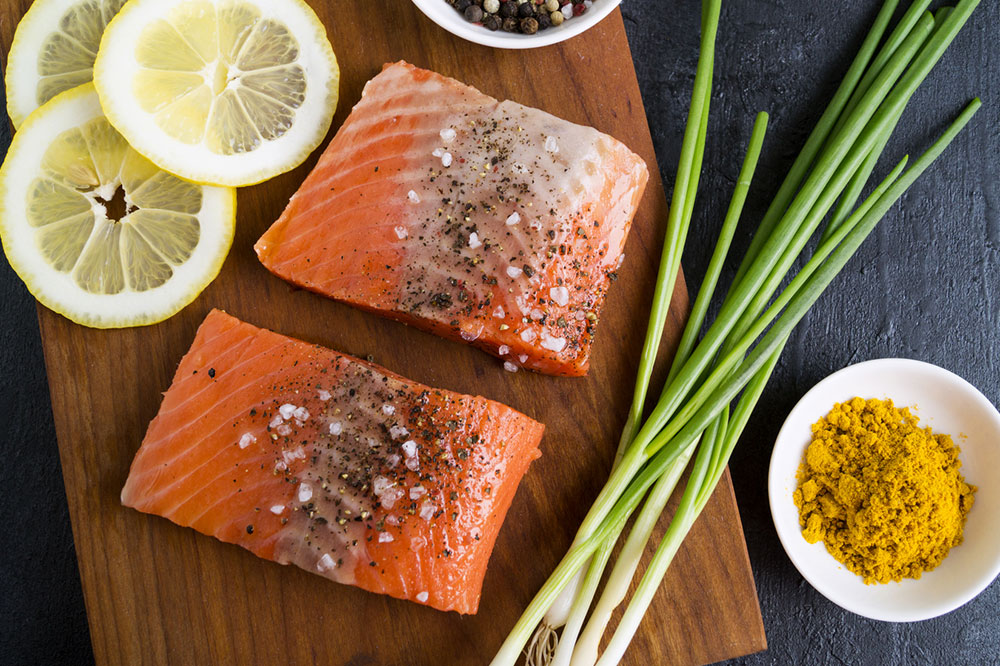
Dietary Tips to Manage Ulcerative Colitis
A common irritable bowel disease, ulcerative colitis (UC) requires one to pay close attention to their diet. It causes periodic flare-ups that cause pain and discomfort to the digestive system. Its symptoms include abdominal pain, fatigue, bloody diarrhea, rectal pain, and fever that often disrupt one’s daily routine. Although treatment options include medication and surgery, eating certain foods and eliminating others can also help in preventing symptom flare-ups. Here are a few dietary tips for those with ulcerative colitis:
- Adopt a low-fiber diet
A high-fiber diet is often healthy for those with IBS. Foods rich in fiber usually help in controlling symptom flare-ups. However, for those with ulcerative colitis, fiber-based foods can be quite tricky. A high amount of fiber intake can fast-forward bowel movements, triggering UC symptoms. However, cutting off fiber completely is not recommended since fiber-rich foods provide dietary carbs. Oatmeal is a safe option in such a case. Make sure to limit the intake of insoluble fiber-based foods such as raw green and cruciferous veggies, whole nuts, and fruits with seeds and skin, which are quite hard to digest.
- Eat fruits that are rich in antioxidants
While fruits are great for your overall health, those with ulcerative colitis need to be cautious with the fruits they pick. Most fruits are rich in fructose. In some cases, this can cause the stomach to bloat and make one gassy. UC symptoms can be easily triggered with fructose-containing fruits. However, berries and bananas do not have a high level of fructose. Moreover, these fruits are rich in antioxidants and vitamins. You can also pick melons, oranges, and grapes. Make sure to get rid of the skin and seeds as much as possible so as to not put too much pressure on the digestive system.
- Pick some lean meats
Usually, fatty foods are not advisable for those with ulcerative colitis. Fats cause inflammation and trigger flare-ups. So while red meat is a strict no-no, lean meat can be more helpful than harmful to those with UC, as they provide healthy fat and are rich in protein. Additionally, fatty fish such as salmon, tuna, and halibut are also recommended. These are loaded with omega-3 fatty acids that help in reducing inflammation.
- Keep away from raw veggies
Raw veggies have a high potential to cause bloating and gas in those with ulcerative colitis. Furthermore, uncooked vegetables are difficult to digest. This is especially true for cruciferous veggies such as broccoli, brussel sprouts, and cauliflower. Keep away from salads that have only raw veggies; always go for meals with cooked veggies. These can be grilled, stirred, fried, or even roasted. Stews, soups, and vegetable broths are also healthy options that do not cause UC flare-ups.
- Make the meal smaller
Portion control is a great way to monitor one’s diet. Instead of a full-sized breakfast, lunch, and dinner, incorporate five to six smaller meals throughout the day. Also, make the portions in each meal smaller. It is also important to chew slowly and take in smaller bites. All these steps can help relieve pressure on the gastrointestinal system.



